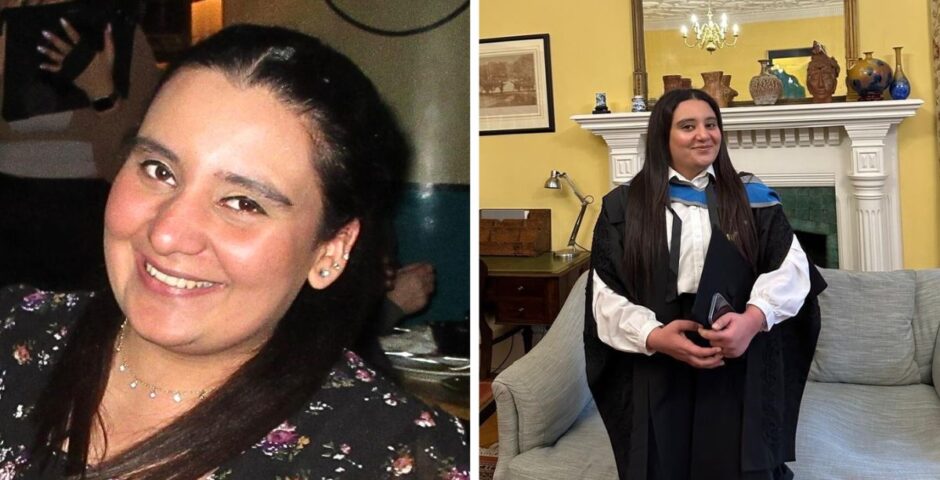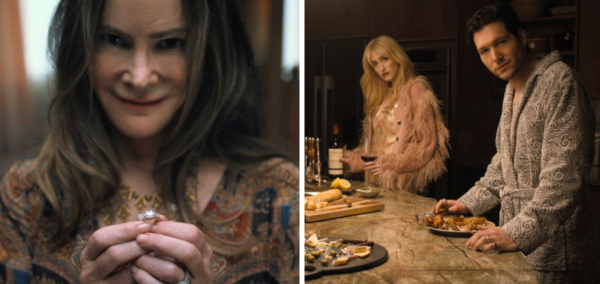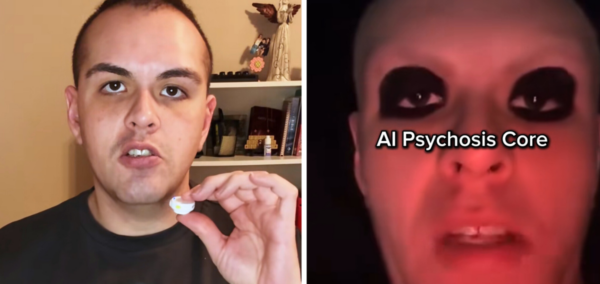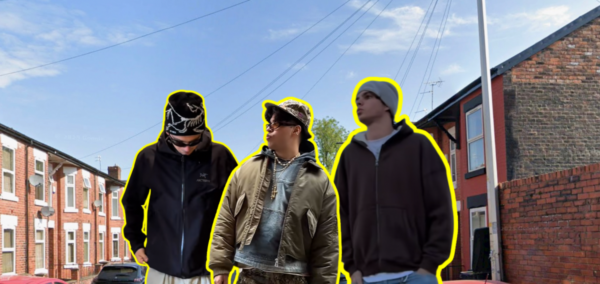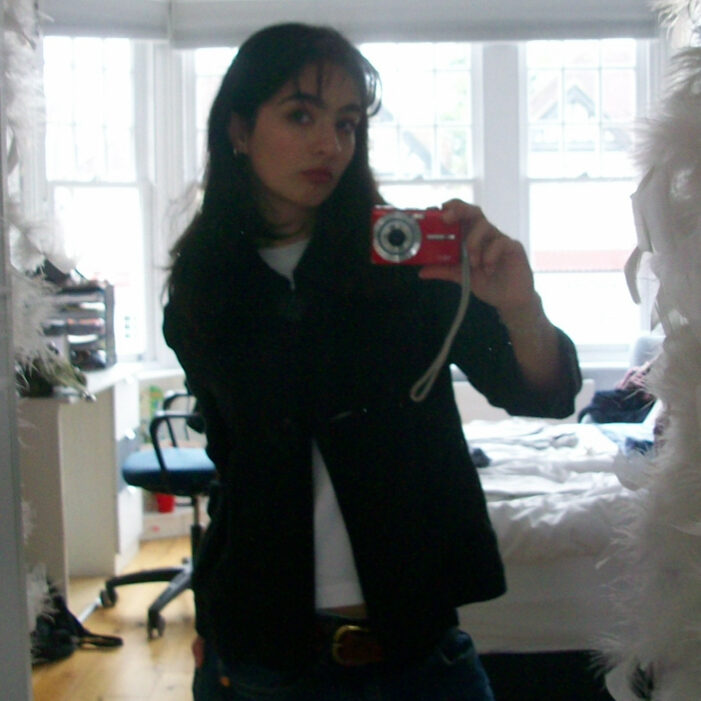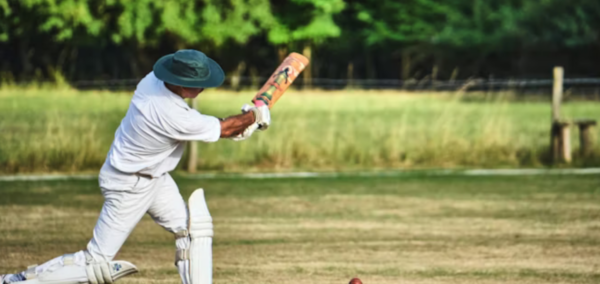
Edinburgh University returns tribal warrior skulls to Taiwan after 116 years
‘This repatriation is a culmination of international cooperation between the University and the Taiwanese community’
The skulls of four Paiwan tribe members were returned to Taiwanese authorities by the University of Edinburgh in a ceremony at St Cecilia’s Hall last week, after sitting in the Anatomical Museum for the past 116 years.
As part of the ceremony, representatives of the university presented the remains to the Mayor of the Mudan Township, members of the Taipei Representative office in the UK, and other dignitaries from Taiwan.
Upon their arrival in Taiwan, the skulls will temporarily be placed in the National Museum of Prehistory, until a consultation determines if they are to be returned to the Mundan communities.
The remains are said to be of four warriors from the Mundan township, who were killed in battle in 1874 during a Japanese Invasion to avenge the deaths of 54 sailors who were killed by the Paiwanese in 1871. However, historians have noted that it is unlikely that the Mundan warriors were to have been the perpetrators.
According to a statement issued by the University, the Anatomical museum is home to one of the largest collections of ancestral remains and that these artefacts have largely been sourced from the colonies of the British Empire and their global networks.
The statement also acknowledges the immoral practices that the skulls were used for, including the now-condemned field of phrenology, a racist theory of inferiority based on the shape and origin of a skull.
Most Read
Despite being hailed as “an important milestone of transitional justice” by the Taiwanese Council of Indigenous Peoples, the University of Edinburgh still faces a lot of pressure from both the international community and its students to rectify the wrongdoings of its colonial past. This pressure has only been heightened after it was reported that the University’s ‘School of Medicine’s historical entanglement of trafficking and the enslavement of Africans.
In response to the return of the skulls, Tom Gillingwater, chair of anatomy said: “We are committed to addressing our colonial legacy and this repatriation is the latest action we have taken in line with our longstanding policy of returning items to appropriate representatives of the cultures from which they were taken.”
The University of Edinburgh said in a statement: “In a first of its kind repatriation of human remains to Taiwan, the University presented the skulls to dignitaries from the Mudan community – also known as the Botan tribe – in a formal handover ceremony at University of Edinburgh’s St. Cecilia’s Hall.
“Before the formal transfer of the remains, University representatives joined the Mayor of the Mudan Township, alongside members of the Taipei Representative Office in UK and Council of Indigenous Peoples of Taiwan to take part in a traditional Paiwan service designed to honour the spirits of the deceased.
“Once the skulls have returned directly to Taiwan, they will be temporarily placed in the National Museum of Prehistory until a permanent resting place is confirmed after consultation with the Mudan communities.”
The University of Edinburgh’s full statement can be read here.
Cover Image via the University of Edinburgh




